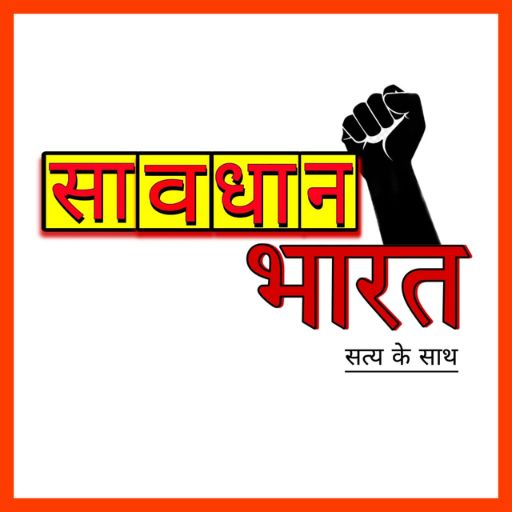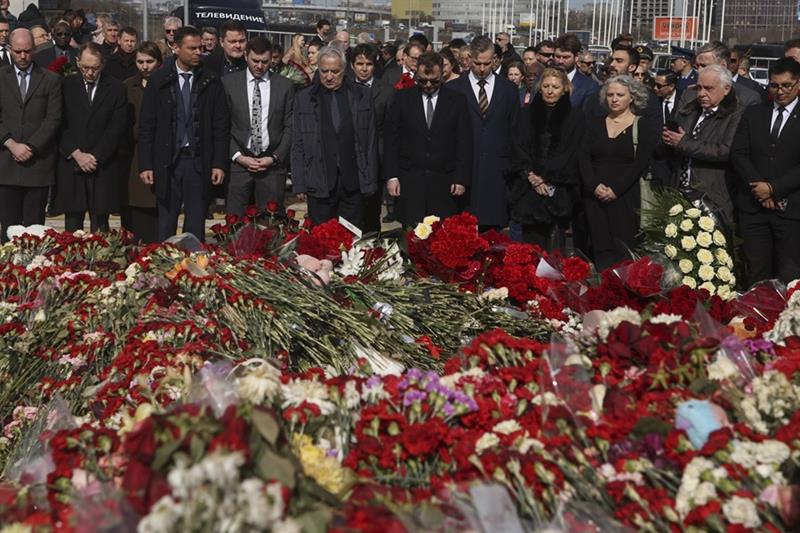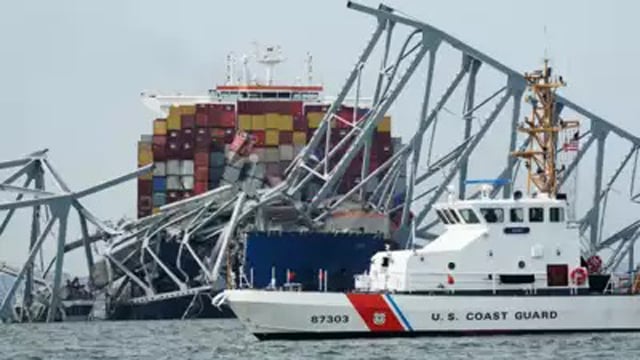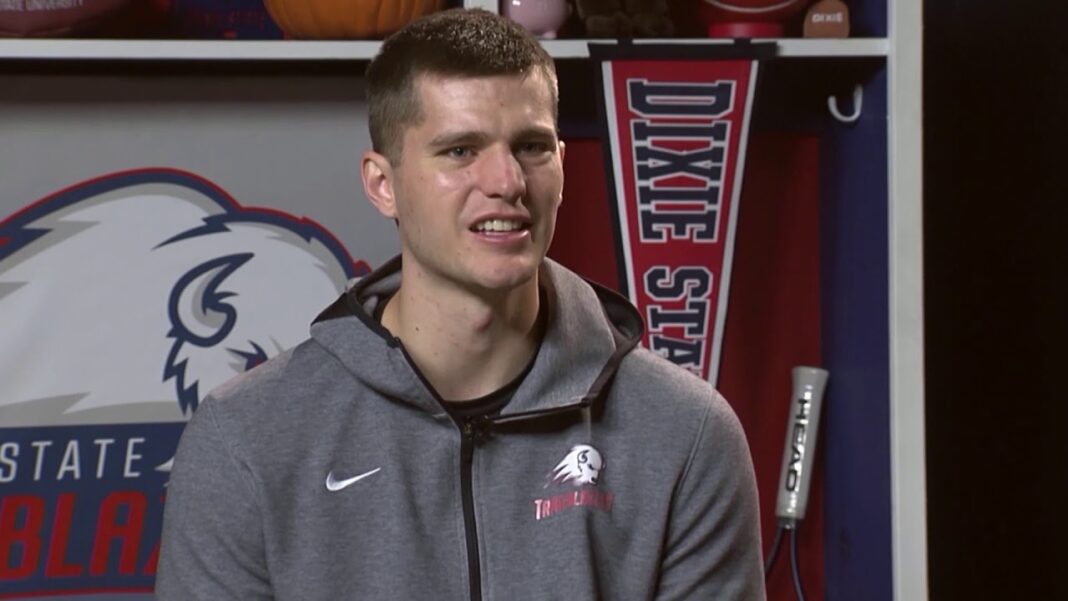Vladimir Putin: The recent tragic events at the Crocus City Hall in Moscow, where terrorists stormed the venue, resulting in the loss of 144 lives and leaving hundreds injured, have deeply affected not just the Russian people but also garnered international attention. Central to this narrative is President Vladimir Putin’s response to the attack, which has sparked discussions and raised questions about his handling of the situation.
In the aftermath of the massacre, many have wondered why President Putin has not publicly met with survivors or visited the scene of the attack, especially considering the outpouring of grief and support from various quarters, including Western diplomats and media. The Kremlin’s spokesperson, Dmitry Peskov, shed some light on Putin’s response, mentioning that the president is dealing with the tragedy in his own way and that his pain may not be visibly evident to the public.
It’s essential to understand that grief and empathy manifest differently in individuals, and just because Putin has not shown tears or made public displays of mourning does not mean he is not deeply affected by the loss of innocent lives. Peskov’s statement underscores the complexity of Putin’s emotions and the burden of responsibility he carries as the leader of the nation during such challenging times.
While some may criticize the lack of public appearances or gestures from Putin, it’s crucial to recognize that his focus has been on addressing the security implications of the attack and apprehending those responsible. Security agencies have swiftly taken action, detaining suspects linked to the attack, including individuals from Tajikistan. The ongoing investigation aims to uncover the full extent of the terrorist network behind the tragedy.
The Islamic State (IS) has claimed responsibility for the attack, highlighting the global threat posed by radical Islamist groups. Putin has acknowledged this aspect while also raising concerns about potential involvement or support from Ukraine, a long-standing adversary of Russia. However, it’s important to note that concrete evidence linking Ukraine to the attack has not been provided, and these assertions remain subject to investigation.
In times of crisis, leaders like Putin face immense pressure to navigate complex geopolitical challenges while also addressing the human cost of such tragedies. The decision-making process involves weighing security measures, diplomatic considerations, and domestic sentiments, all of which contribute to the complexity of responses observed in the aftermath of incidents like the Moscow attack.
As the investigation progresses and more details emerge, the focus remains on providing justice for the victims, enhancing security measures to prevent future attacks, and fostering international cooperation to combat terrorism in all its forms. President Putin’s approach, while subject to scrutiny, reflects the multifaceted nature of leadership in times of crisis and the ongoing efforts to safeguard the well-being of the Russian people.
In conclusion, the Moscow attack and its aftermath serve as a sobering reminder of the challenges posed by terrorism and the resilience required to confront such threats effectively. Understanding the nuances of leadership responses, including President Putin’s, is essential in comprehending the broader dynamics at play in the wake of tragic events.
Vladimir Putin:
Read here: “The Crucial Role of Immigrants in the US Workforce: Insights from the Baltimore Tragedy”



